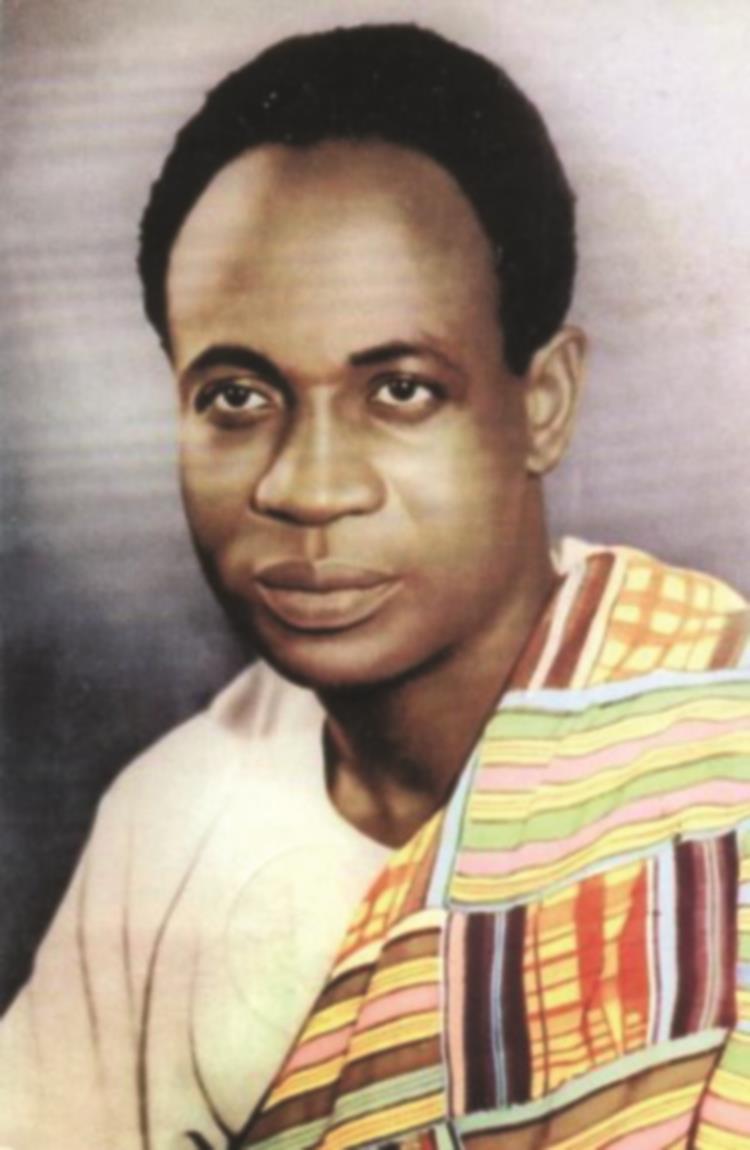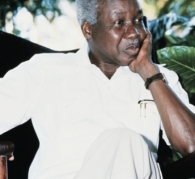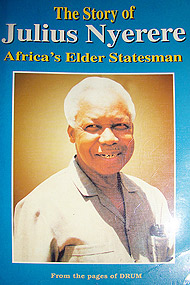Africa Day: The Dream Lives On

Kwame Nkrumah
Sifelani Tsiko Sydnication Writer
Africa today celebrates the 54th anniversary of the founding of the continental body — the African Union — at a time when Africa is building up the momentum to press for industrialisation to rapidly transform its desire to turn its vast economic potential into reality. There is no doubt that the continent’s thrust to unleash its economic potential through the implementation of strong industrial policies will, at least, despite the huge challenges that exist, help provide Africa with the tools for value addition and commodity-based industrialisation.
With bold leadership and state support, consistent monitoring and evaluation, inclusivity and prioritisation of major sectors, it is possible that Africa can be firmly put on the tough and winding road to structural transformation.
The era of begging bowls is ending and Africa increasingly needs to finance its development programmes to ensure sustainability of projects and, more importantly, for its own survival.
The continent has posted enviable economic growth rates in the past few years despite a slowdown in its 2016 economic growth rate which stood at 2,2 percent down from a 3,2 percent in 2015 owing largely to low commodity prices, weak global recovery and adverse…





